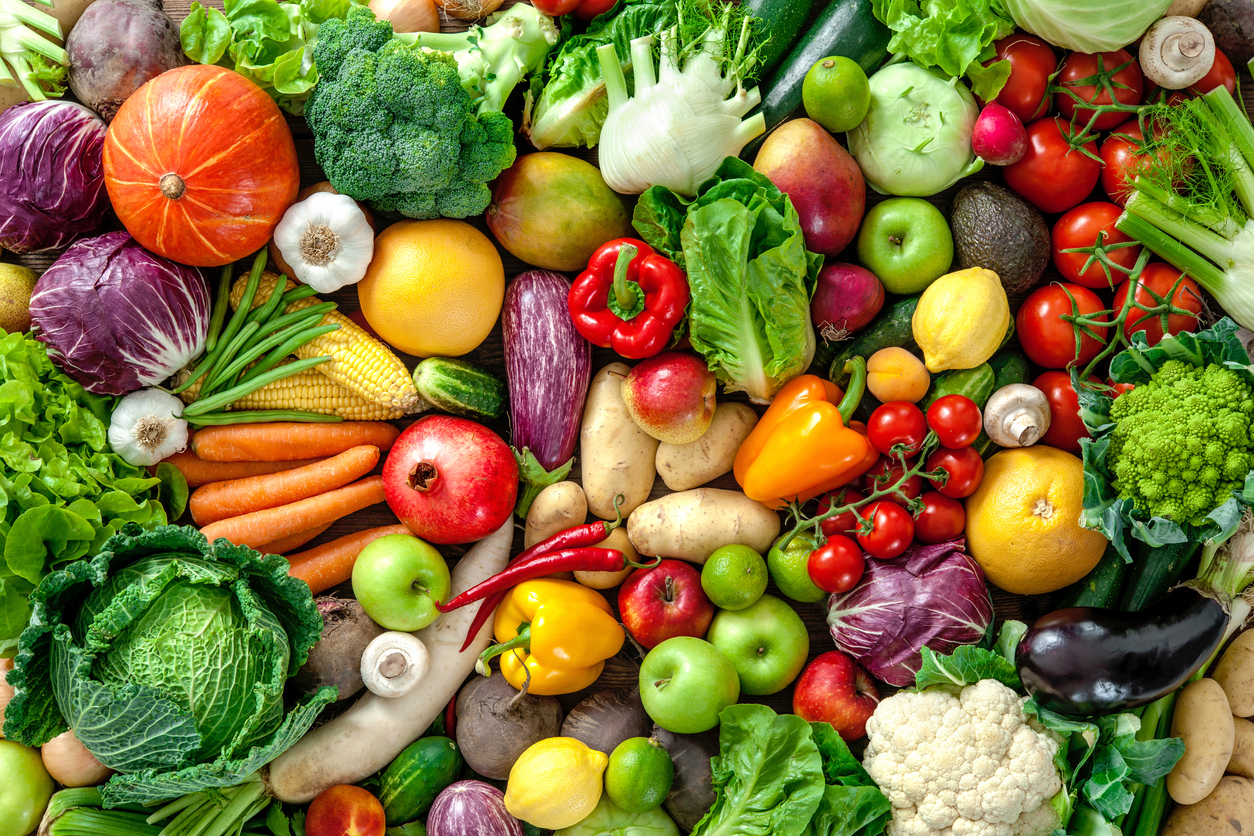The Benefits of Sourcing Vegetable Residues from Tanzania through Wigmore Trading
The Benefits of Sourcing Vegetable Residues from Tanzania through Wigmore Trading
Are you looking for a reliable source of high-quality vegetable residues for your agricultural needs? Look no further than Tanzania, where Wigmore Trading is leading the charge in sustainable and ethical sourcing practices. In this blog post, we’ll explore the benefits of working with Wigmore Trading and why their commitment to local farmers and eco-friendly processes make them an ideal partner for your business. Get ready to discover a world of possibilities with vegetable residues from Tanzania!
Introduction to Wigmore Trading
Wigmore Trading is a family-run business that has been sourcing and supplying African vegetable residues to the UK market for over 30 years. We are the leading supplier of these products in Tanzania and have built up an excellent reputation with our customers.
We source our products from smallholder farmers in Tanzania who grow a range of vegetables including tomatoes, potatoes, onions, carrots, cabbage, and spinach. The farmers we work with use sustainable farming practices and do not use any harmful chemicals or pesticides on their crops.
The vegetable residues we supply include peels, pulp, seeds, and stems. These products are typically used as animal feed or as organic fertilizers. They are rich in nutrients and help to improve soil fertility.
We are committed to providing our customers with high-quality products at competitive prices. We offer a reliable and efficient service, and our team is always on hand to answer any questions you may have.
Benefits of Sourcing Vegetable Residues from Tanzania with Wigmore Trading
Sourcing vegetable residues from Tanzania through Wigmore Trading offers a number of benefits, including:
-Improved food security: Sourcing vegetable residues from Tanzania helps to improve food security by providing a reliable source of nutritious food.
-Reduced costs: Sourcing vegetable residues from Tanzania can help to reduce the cost of food production by making use of otherwise wasted resources.
– improved livelihoods: Sourcing vegetable residues from Tanzania can help to improve livelihoods by providing an additional source of income for smallholder farmers.
In addition to the above benefits, sourcing vegetable residues from Tanzania through Wigmore Trading also helps to create jobs and support the local economy.
Types of Vegetable Residues Available
There are many different types of vegetable residues that can be sourced from Tanzania through Wigmore Trading. These include:
-Crop residues: Crop residues are the parts of a crop that are left over after the harvest. They can include stalks, leaves, and husks. Crop residues can be used as animal feed or as biofuel.
-Food waste: Food waste is any food that is not eaten by humans. It can come from restaurants, grocery stores, or households. Food waste can be used to make compost or to feed animals.
-Industrial waste: Industrial waste is any waste that comes from industrial activities. It can include things like paper mill wastewater or textile manufacturing waste. Industrial waste can be used to make energy or to create new products.
Quality Assurance and Safety Standards
Tanzania is a country with an abundance of natural resources, including a wide variety of fruits and vegetables. The climate is conducive to year-round cultivation, and the soil is rich in nutrients. These factors combine to make Tanzania an ideal source for vegetable residues.
Wigmore Trading has been sourcing vegetable residues from Tanzania for over 10 years. We have developed strong relationships with farmers and processors in the country, and we are confident in the quality of the products we source.
All of our vegetable residue products are sourced from certified organic farms. We visit these farms regularly to ensure that they meet our high standards for quality and safety.
The benefits of sourcing vegetable residues from Tanzania through Wigmore Trading include:
– Access to a wide variety of products: We source a wide range of vegetable residues from Tanzania, including maize husks, peanut shells, and coconut shells. This gives our customers access to a variety of products that they can use in their operations.
– Quality assurance: Our team visits each farm that we source from on a regular basis to ensure that they are meeting our high standards for quality and safety. We also conduct regular laboratory testing to ensure that our products meet international quality standards.
– Competitive prices: We have developed strong relationships with farmers and processors in Tanzania, which allows us to offer competitive prices on our products.
Shipping and Logistics
Wigmore Trading is able to source quality vegetable residues from Tanzania at competitive prices. We have a long-standing relationship with a network of farmers in the country who are able to provide us with a steady supply of fresh produce.
We have an experienced team of logistics experts who are able to efficiently transport the goods from Tanzania to our warehouse in the UK. Once the goods arrive at our warehouse, they are quality checked and then dispatched to our customers.
We pride ourselves on providing a high-quality service and always aim to deliver the goods on time and in perfect condition.
Case Studies of Successful Exports from Tanzania
In the past decade, Tanzania has become one of the top suppliers of vegetable residues for use in biofuel production. The country has successfully exported a variety of biomass products to international markets, including wood chips, bark, and straw.
Tanzania’s woodchip exports have been particularly successful, with the country becoming the leading supplier to the European Union (EU) in 2017. In 2018, Tanzania exported over 1.5 million tons of woodchips to the EU, worth over €200 million. The majority of these exports went to Belgium and the Netherlands.
The success of Tanzania’s woodchip exports is due to a number of factors, including the country’s large forest resources and its proximity to European markets. Additionally, Tanzania has developed a strong infrastructure for harvesting and transporting biomass products.
Tanzania’s experience with exporting biomass products can provide valuable lessons for other countries looking to develop their own biofuel industries. The country’s success underscores the importance of having a robust forest resource base and efficient transport infrastructure. Additionally, Tanzania’s experience highlights the potential for biofuel exports to generate significant economic benefits for developing countries.
Conclusion
In conclusion, Wigmore Trading’s sourcing of vegetable residues from Tanzania is a great way to help farmers in the region earn an income while also providing a more sustainable option for businesses looking to source organic materials. The benefits are manifold: not only do we reduce our carbon footprint, but we also provide opportunities for rural farmers and create jobs within local communities. Sourcing vegetable residues through Wigmore Trading helps ensure that we are making responsible choices both economically and environmentally.








Comments are closed.